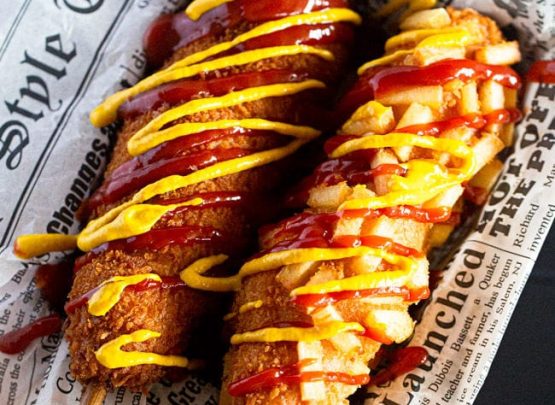Account executive Eider took a seat at HRC and traveled with Simon Stenning, the founder of Future Foodservice, to the year 2030 as he looked to the future of the industry. Here she shares her key take outs from the seminar – Future of Foodservice: The 2030 Vision.
Simon highlighted two key trends that caught my attention: Friction-Free and the Pleasure Principle. He picked both of these out as ‘emerging fault lines shaping the UK hospitality landscape and determining foodservice fortunes’.
To understand better these fault lines, first he set out some context about the changing behavior of the generations. GenZ and Millennials will become the main part of the workforce, whereas GenX and the Baby Boomers will become the main generations to enjoy leisure and retirement as they remain younger and healthier for longer.
Simon said the implications of generation changes could present positive drivers towards growth for foodservice in the UK.
Friction-Free
Simon defined friction-free as streamlining and simplifying the entire process of food and drink consumption.
Technology will help consumers have a Friction-Free experience in the foodservice sector with apps, just walk-out stores, self-serve bars, and self-serve kiosks. Not only that, but we may see a trend towards consumers getting whatever they want, wherever, and whenever with their devices. These advancements will support the desire to have more free time and get a better work/life balance.
I’m looking forward to seeing more tailored offers – especially if technology can help save me time and make life easier.
Pleasure Principle
The Pleasure Principle is all about enjoying time to the max.
Two things stuck out for me here. First, how the Pleasure Principle is creating a new format of cafés that is called “Daytime Restaurants”. These restaurants will be open until 5pm and support the theory of making more enjoyable the daytime for the customer experience.
Also, the fine-dining market will grow as customers crave the “sophisti-casion” – premium, experimental and glamourised experiences. Think underwater restaurants, interactive experiences and sky high dining where the diners are close to the theatre and part of the action.
For me, these type of restaurants elevate the dining experience and give the wow factor (often encouraging me to spend more money.!) As we are willing to enjoy more, restaurants with experiences are the perfect excuse to dine out.
In conclusion, while there are still challenges that the hospitality industry will face, according to Simon’s predictions, these challenges will not stop the growth of the foodservice market in the UK. In fact, these trends could create new opportunities for operators.




